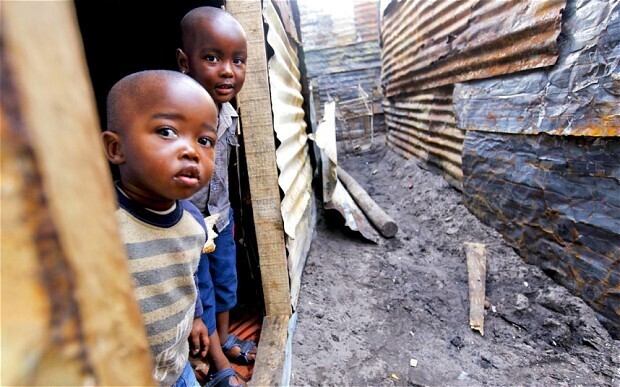
Report highlights 2 Egyptian projects among major clean energy ventures in N.Africa
A report by Energy Capital & Power highlighted two Egyptian projects – Suez Wind Power ...

The World Health Organization (WHO) cautioned that the disruption in malaria prevention and treatment services can double the number of malaria deaths in sub-Saharan Africa this year compared to 2018.
The WHO called on countries to move fast and distribute malaria prevention and treatment tools at this stage of the COVID-19 outbreak in sub-Saharan Africa, and to do their utmost to safely maintain these essential malaria control services.
A new modeling analysis released by WHO and partners ahead of World Malaria Day (on April 25) presented nine scenarios for potential disruptions in access to core malaria control tools during the pandemic in 41 countries, and the resulting increases that may be seen in cases and deaths.
Under the worst-case scenario, in which all insecticide-treated net (ITN) campaigns are suspended and there is a 75% reduction in access to effective antimalarial medicines, the estimated tally of malaria deaths in sub-Saharan Africa in 2020 would reach 769 000, twice the number of deaths reported in the region in 2018. This would represent a return to malaria mortality levels last seen 20 years ago.
According to the World malaria report 2019, sub-Saharan Africa accounted for approximately 93% of all malaria cases and 94% of deaths in 2018. More than two-thirds of deaths were among children under the age of five.
Mass vector control campaigns should be accelerated, while ensuring that they are deployed in ways that protect health workers and communities against potential COVID-19 transmission. WHO and partners commend the leaders of Benin, the Democratic Republic of the Congo, Sierra Leone and Chad for initiating ITN campaigns during the pandemic.
Other countries are adapting their net distribution strategies to ensure households receive the nets as quickly and safely as possible.
Preventive therapies for pregnant women and children must be maintained. The provision of prompt diagnostic testing and effective antimalarial medicines are also essential to prevent a mild case of malaria from progressing to severe illness and death.
WHO and partners have developed guidance to ensure that those suffering from malaria can safely receive the care they need within the package of essential health services to be delivered in COVID-19 settings. Tailoring malaria interventions in COVID-19 response includes guidance on the prevention of infection through vector control and chemoprevention, testing, treatment of cases, clinical services, supply chain and laboratory activities.
A report by Energy Capital & Power highlighted two Egyptian projects – Suez Wind Power ...
The opening concert of the Annual Meeting 2025 in Davos-Klosters will address the pressing issues ...
Juhayna Food Industries proudly announced that its agricultural arm, El Enmaa for Agricultural Development, has ...


اترك تعليقا